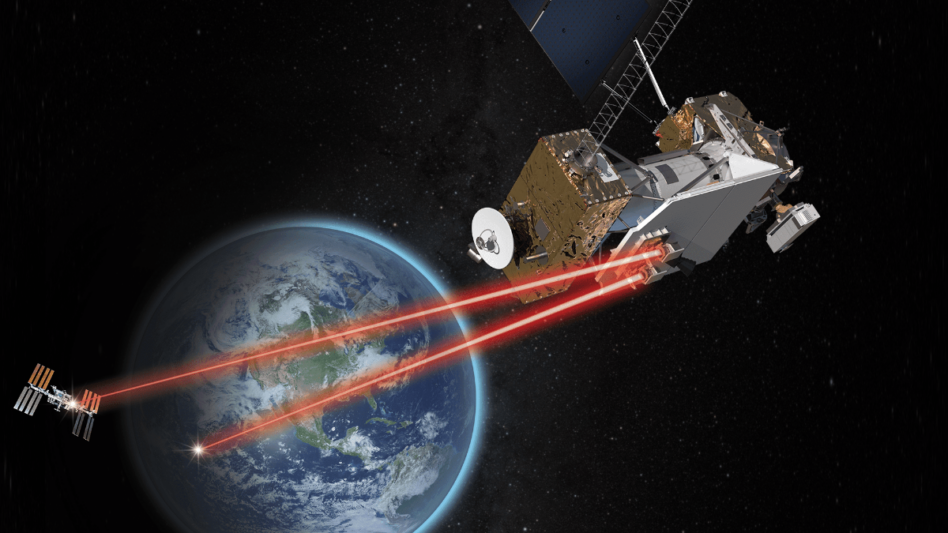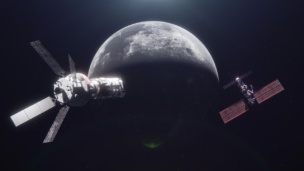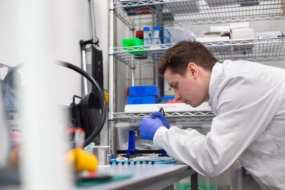NASA is about to get new eyes and ears. This week, the agency plans to launch two long-term science missions: the Laser Communications Relay Demonstration (LCRD) and the Imaging X-ray Polarimetry Explorer (IXPE).
Laser comms: LCRD will be the first NASA mission sent to orbit this week, with its launch window opening early Tuesday morning. The mission objective: To test optical laser communications. The technology could be the answer to speed, quantity, and lag issues with getting information back from space.
- Lasers can be 10-100x faster than the radio communications currently in use on the ISS and other NASA missions, helping to meet the growing demand for space-gathered data.
- Radio frequencies used for space communications are already in high demand. With lasers, operators don’t have to worry about other satellites interfering with your frequencies.
LCRD will operate for at least the next two years, demonstrating for NASA how laser communications function in varying weather conditions in a realistic environment.
X-ray vision: IXPE, NASA’s collaboration with the Italian Space Agency, is scheduled for launch from the Kennedy Space Center this Thursday, Dec. 9 aboard a Falcon 9 rocket.
The $188M mission will observe X-ray polarization, a process that has not been imaged by the larger Chandra X-ray observatory. The IXPE mission aims to expand our understanding of black holes, neutron stars, and other mysterious celestial bodies over the next two years.




